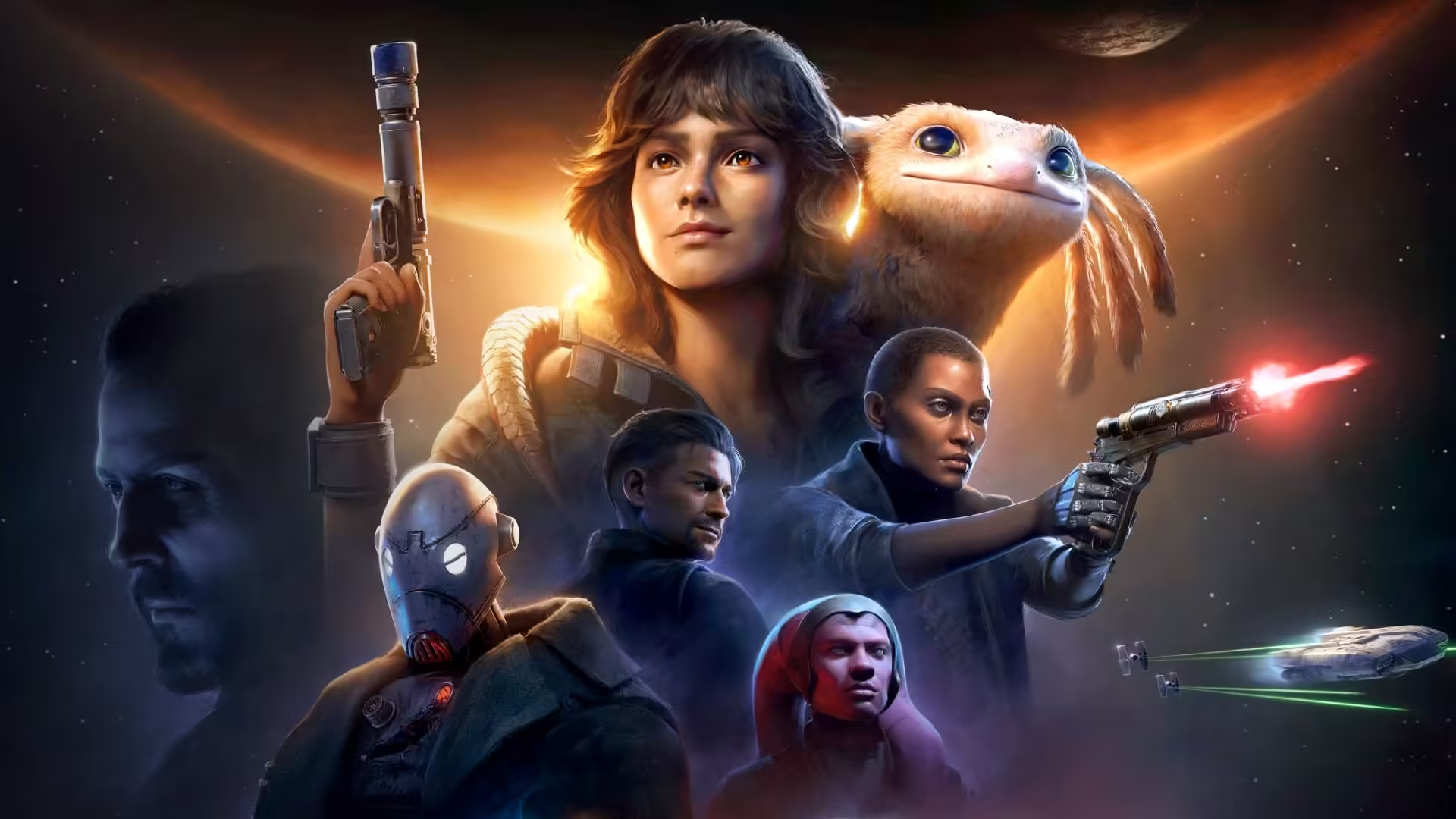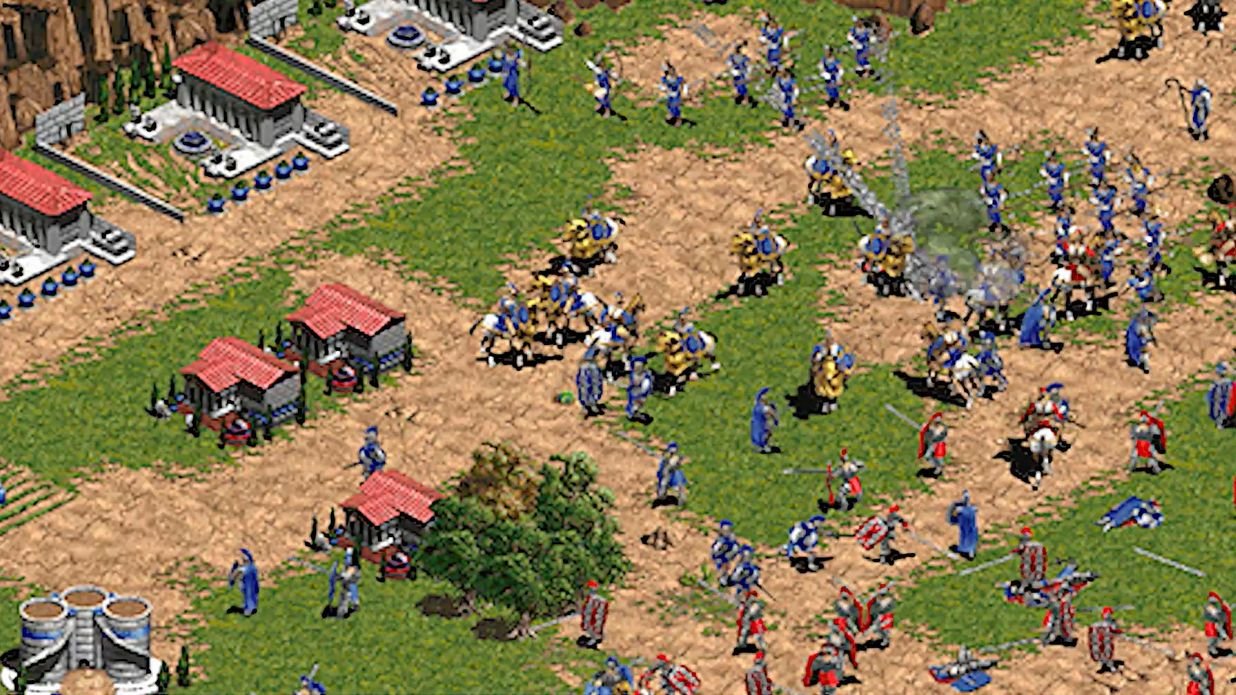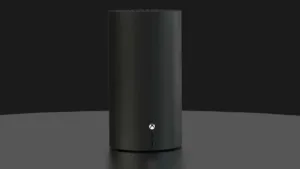Star Wars Outlaws pushes the latest PC technologies hard – and the results are stunning
Avatar: Frontiers of Pandora was Digital Foundry’s choice for 2023’s best graphics of the year and so it was with some degree of excitement that we received review code for Star Wars Outlaws. Ubisoft Massive’s high-tech Snowdrop Engine has returned, once again delivering some of the best visuals we’ve seen. The key technological foundations remain: RT global illumination for diffuse lighting and reflections, volumetric fog, clouds and sky, and extreme quality detail and texture work. On top of that, PC users can take visuals to the next level with RTX Direct Illumination, making every light and shadow ray-traced. There are flaws and issues that need improvement, but there’s no doubt that this is another key showcase title for the PC format.
Looking at the key Snowdrop features though, there are some interesting changes – if not in the core technology itself then in the execution. I would argue that the ray-traced lighting in particular gets more opportunity to shine due to the diversity of the worlds you visit and the plethora of industrially-produced surfaces. In Avatar: Frontiers of Pandora, man-made interiors were perhaps the least impressive parts of that game’s visual make up, with outdoor areas looking so much better. In Star Wars Outlaws, there’s a similar dynamic time of day to Avatar and other open world games, but by necessity, a great chunk of the game takes place in areas that are built up, like industrial areas, habitations, and mining complexes.
You can find yourself sneaking around high tech interiors with smooth curvy lines and polished surfaces, or you can find yourself in grungy low-tech areas that are overcrowded and have poor access to daylight. With dynamic lighting, indoor environments, or areas that are heavily sheltered from direct sunlighting, are harder to illuminate convincingly as all objects occluding light make it harder to rely upon typical rasterisation techniques. Ubisoft Massive’s usage of ray-traced global illumination and reflections in Star Wars Outlaws makes the game scenes’ architecture actually work from a lighting perspective without looking awkward – and it enables viable playspaces that are rare to see in games using traditional rasterised lighting techniques.










